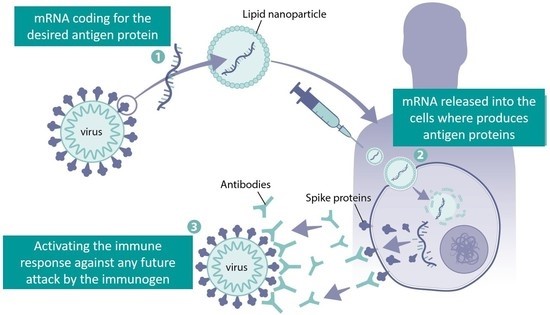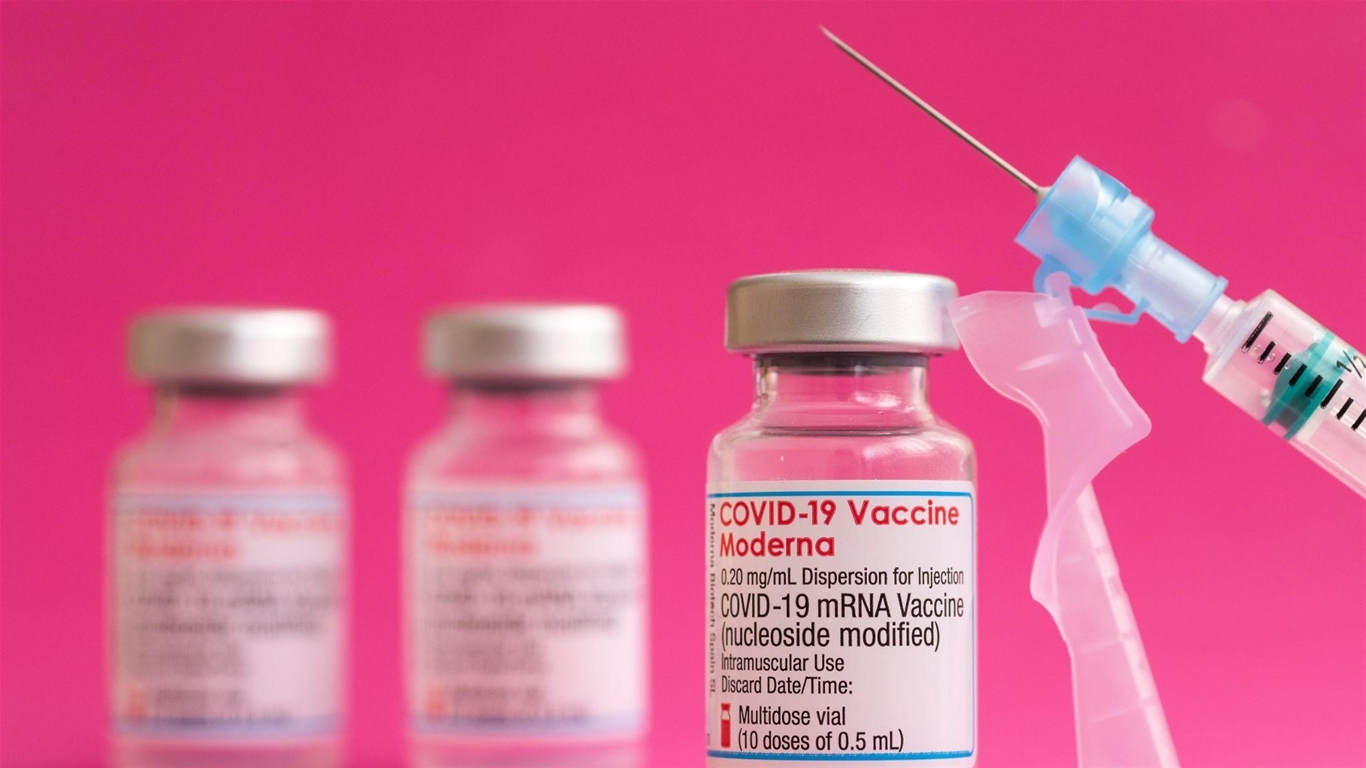A pedestal for the "miracle"

A vaccination against cancer is being tested. Illustration: The Economic Times
In the sphere of biotechnology, two well-known businesses with prominent global positions are Moderna and Merck. The two pharmaceutical companies stated earlier in 2023 that they will add crucial data to their mRNA vaccination trials in combination with immunotherapy to treat cancer and that the outcomes would be highly encouraging.
As most people are aware, the Covid-19 vaccination protects against additional diseases that the body thinks are invading by assisting the immune system in fighting disease-causing and disease-forming cells.
With such a method, Moderna tested the mRNA-4157/V940 skin cancer vaccine, however the primary pathogen is an internal tumor. In this trial, the body's immune response was insufficient to combat cancer cells, despite the fact that mRNA, a genetic substance, aids the body in fighting cancer.
The researchers therefore started a project to combine a skin cancer vaccination with Keytruda from Merck. The immune system is prompted to attack malignancies as a result. According to test data, using immunotherapy and the mRNA-4157/V940 vaccine together can lower a patient's risk of developing malignant tumors again. The findings point to the potential of mRNA vaccines to treat cancer patients' malignancies and raise the prospect of doing so.
Mechanisms of Cancer Vaccines

Describe the mRNA cancer vaccine's mode of action. Illustration: mdpi.com
The mRNA cancer vaccine is focused on a tailored medicine created to train the immune system against cancer, unlike other therapeutic vaccines with preventive qualities.
People with cancer will require researchers to have healthy tissue samples and tumor samples on their bodies in order to receive the dose of the vaccine utilized. The antigen for the vaccination that will be administered to the patient will subsequently be determined by the researchers using DNA and RNA sequencing.
Once ingested, the mRNA cancer vaccine instructs the body's cells to create antigen and to increase the body's supply of antigen to fight cancer.
Generalizing the process of producing cancer vaccines

With the Covid-19 pandemic, mRNA vaccine technology has advanced significantly. Illustration: Getty Images
As previously said, the Covid-19 vaccine will cause all people who use it to receive the identical injection, which will provide a difficulty for the creation of cancer vaccinations. However, with mRNA cancer vaccines, each vaccine is tailored to the individual for each form of cancer.
To determine which tumor cells in the patient can manufacture the novel antigen, genetic alterations in the tumor cells are first identified. Then, they forecast which antigen is likely to attach to T cell receptors and elicit an immunological response using computer algorithms. Consequently, the vaccination might include the genetic makeup of 34 distinct antigen types; Activated T lymphocytes recognize particular cancer cells based on aberrant molecular
Paul Burton, Moderna's Medical Director, estimates that it will take roughly eight weeks to produce a vaccine to treat mRNA cancer, with that time frame dropping to roughly four weeks in the ensuing years. Cancer researchers have been working on individualized cancer vaccinations using mRNA technology to produce novel antigens for more than ten years. The National Cancer Institute and the US CDC estimate that the cost per patient today is up to $100,000 due to the sensitivity of the production process.
One of humanity's goals in the fight against cancer is the mRNA cancer vaccine. This vaccination is anticipated to be the most effective against metastatic cancer. By 2030, Moderna anticipates that vaccinations for cancer treatment will be widely used and have the potential to treat roughly 10,000 cancer patients.
It is an honor for VIETSTAR BIOMEDICAL RESEARCH to be a research collaborator on the American ARCT-154 and the Japanese Shionogi Covid-19 vaccination programs. Please get in touch with us when you want to know more details about us and the projects that VIETSTAR BIOMEDICAL RESEARCH has successfully worked on.
VIETSTAR BIOMEDICAL RESEARCH
Office Address: Room 201, 2nd Floor, N01T1 Tower Office Building, Diplomatic Complex, Bac Tu Liem District, Hanoi, Vietnam
Tel/ Fax: + (84 4) 32 000 867 - Hotline: + 84 (0) 903 40 43 34, + 84 (0) 989 18 88 07
Email: contact@vietstar-research.com
Website: www.vietstar-research.com